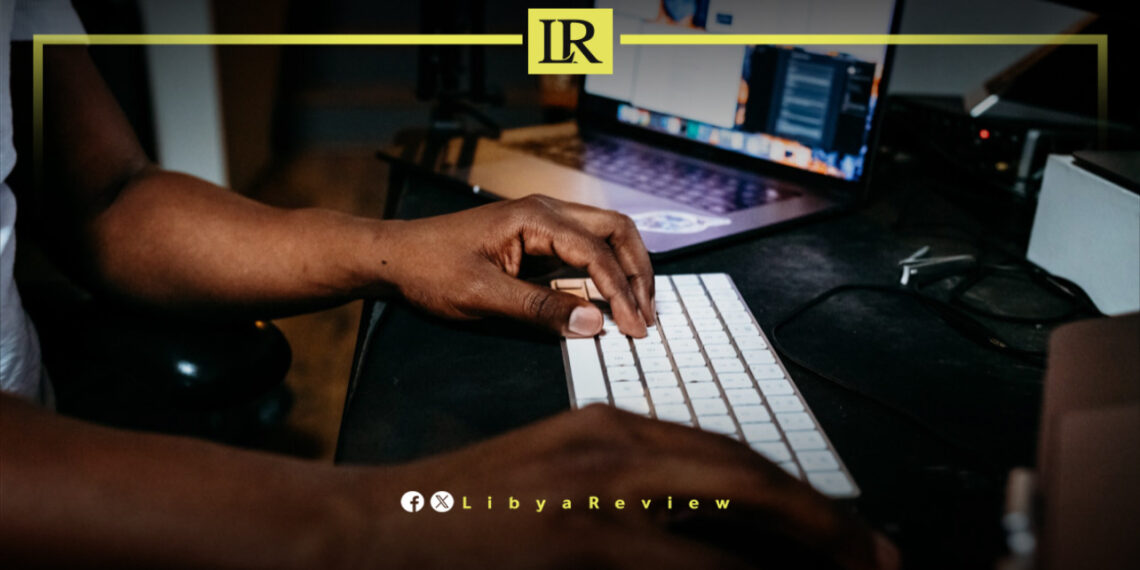Libyan journalists are increasingly falling victim to online harassment, undermining their ability to report freely on corruption, human rights violations, and other critical issues, according to participants in a recent discussion hosted by the United Nations Support Mission in Libya (UNSMIL).
The session, held last Thursday as part of UNSMIL’s Basira professional development programme and co-organised with the Mission’s Human Rights Section, brought together 31 journalists from across Libya. The discussion is intended to help shape a forthcoming workshop scheduled for June 19, led by a digital safety expert from the Committee to Protect Journalists (CPJ), an international NGO.
During the session, journalists shared personal stories of online abuse, highlighting its various forms, frequency, and underlying motives. A post-event poll revealed that 92% of attendees had experienced online harassment.
Journalist Iman bin Amer stressed the urgency of addressing digital harassment, noting that it threatens freedom of expression and pushes journalists toward self-censorship. “Ignoring the issue means silencing free voices,” she said.
The most common forms of abuse included offensive comments and messages on social platforms such as Facebook, Instagram, and WhatsApp. Participants also warned of manipulated media, including AI-generated and edited images or videos, used to defame and intimidate journalists.
Several noted that harassment often escalates to death threats or physical assaults, with some attacks appearing to be coordinated smear campaigns. One journalist, who was dismissed from his job following a social media attack, said, “They damaged my reputation so severely that I ended up under investigation by state intelligence. The video is still on YouTube, and years later, it resurfaces every time I post anything.”
The survey also highlighted that the harassment is often driven by the topic of coverage, the journalist’s gender, age, or background. Political and human rights reporting frequently draws targeted attacks. One journalist recalled being accused of promoting “foreign agendas” for covering gender-based violence.
However, even non-political reporting was not immune. A journalist said he was targeted after broadcasting a sports match, accused of “supporting the rival team.” Another was harassed for covering flood victims in Derna.
Women journalists reported especially gendered abuse, stating that nearly every piece of content they posted invited harassment. “Being a female journalist in Libyan society is extremely difficult,” said one participant. “They attack your honour and make everything personal.”
According to UNSMIL, 86% of women journalists said the abuse affected their work, while 30% of all participants said they reduced their online presence to avoid backlash. Another 30% admitted to softening their tone or avoiding sensitive topics entirely.
Journalist Mohamed Fawzi called for urgent reforms: “Journalists need a safe space to work freely and with integrity. Without that, there is no free press.”


